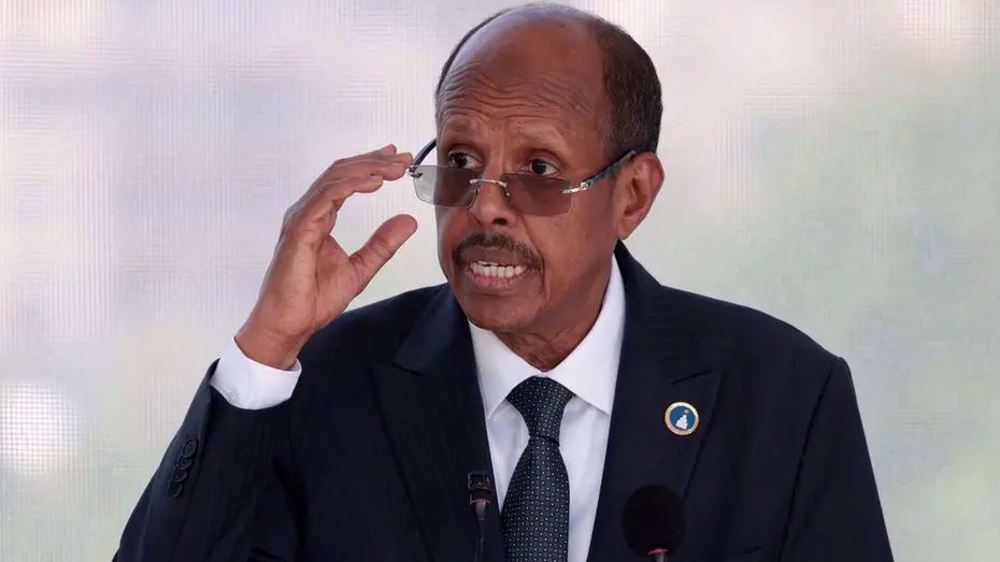Gambia's UDP wins majority of seats in parliamentary elections
The Gambia's longtime opposition United Democratic Party (UDP) has won an absolute majority in parliament in the West African country’s first general elections after the ouster of President Yahya Jammeh.
The UDP easily defeated Jammeh’s Alliance for Patriotic Reorientation and Construction (APRC) party, results announced on Friday showed.
Independent Electoral Commission chairman Alieu Momar Njie declared at the commission headquarters on Friday that “UDP won 31 seats; APRC won five seats" in the 58-seat parliament. The APRC had 48 seats before.
Fifty-three seats are chosen by vote and five seats are to be appointed by President Adama Barrow.
UDP leader Ousainou Darboe is a personal friend and longtime ally of the president.

Barrow, who won the December 2016 presidential race, was a former UDP treasurer who resigned to run as the candidate of an unprecedented opposition coalition that eventually set aside the country's longtime ruler Jammeh, whose party lost popularity after his ouster.
Jammeh had initially refused to step down, claiming electoral irregularities. However, he agreed to step down after mediation efforts by West African leaders and the threat of military intervention forced him to reconsider his available options.
On January 21, the Gambia’s former leader finally conceded defeat in the election, paving the way for a peaceful transition of power to President Barrow, who returned home from neighboring Senegal, where he had been inaugurated earlier in the week.

Jammeh, who had taken power in a 1994 coup, sought amnesty and safe passage out of the Gambia and the recognition of his political party. He then departed for exile in Equatorial Guinea.
During Jammeh’s reign, his government was accused of harsh treatment of opponents.
Araghchi holds key meetings in Geneva ahead of indirect Talks with US
Iran to hold 40th day commemoration for martyrs of terrorist riots
Lebanon’s parliament speaker urges pressure on Israel to stop ceasefire violations
UK government asked not to release Mandelson emails on Epstein: Report
VIDEO | Gaza Ramadan initiative
Hillary Clinton slams Trump for ‘betraying the West and NATO’
UN Staff group defends Francesca Albanese, condemns European ministers’ ‘vitriolic’ accusations
VIDEO | Full intelligence oversight maintained over Strait of Hormuz: IRGC Navy Commander















 This makes it easy to access the Press TV website
This makes it easy to access the Press TV website